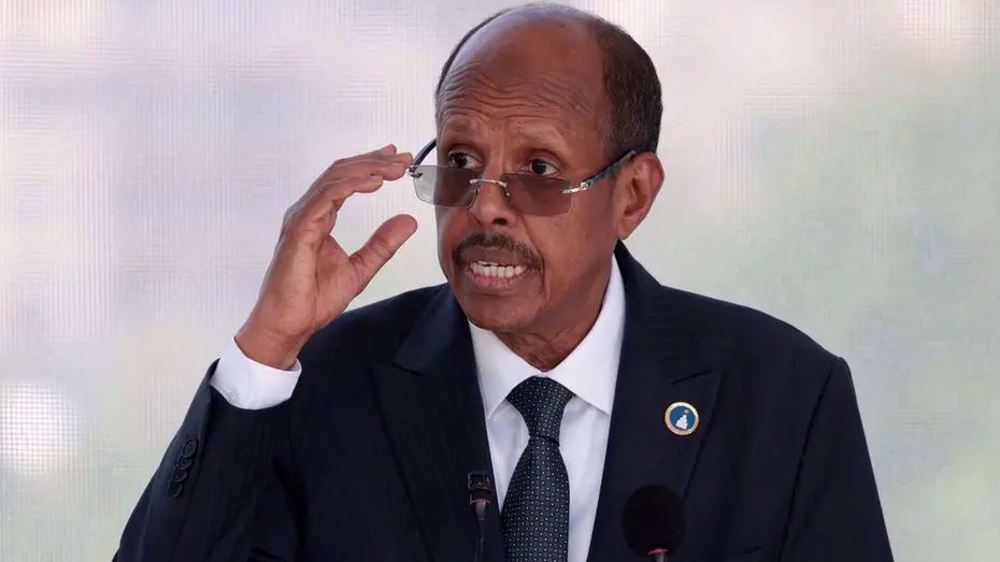21 civilians killed, some burned to death by suspected rebels in S Sudan
Nearly two dozen people have been killed after suspected armed rebels attacked trucks carrying civilians in conflict-hit South Sudan as violence intensifies in the country.
The assailants ambushed four trucks on a road connecting Yei town to the capital, Juba, on Monday, killing at least 21 and wounding 20 others on Saturday, said Jacob Lem Chan, a local government official, in a statement, adding that the attackers burned trucks with passengers inside. Some of those killed were burned to death, according to the government.
“These are SPLA-IO (Sudan People’s Liberation Movement) force ... who laid the ambush,” Chan said, pointing to former vice president Riek Machar's rebel movement.
Meanwhile, the United Nations Mission in South Sudan (UNMISS), expressed its deep concern over the horrific violence against South Sudanese civilians, urging both rebel and government commanders to control their forces and put an end to hostilities.
Dickson Gatluak Jock, military spokesman for SPLM-IO, however, dismissed the government’s claims that Machar's forces had conducted the assault, saying the movement directed attacks against military targets only.
“We are not intending to harm civilians or to kill them,” he added.

The impoverished country seceded from Sudan and gained independence in July 2011, but plunged into a bloody civil war in December 2013, after President Salva Kiir accused Machar, of plotting a coup to usurp power and sacked him.
The war split the impoverished country along ethnic lines, claiming the lives of thousands and displacing over three million more.
The two opposing figures, however, eventually signed an agreement in August last year to bring the conflict to an end. As part of the deal, Machar returned to Juba in April to take up the post of vice president once again in a national unity government.

However, the peace did not last long as a new wave of fighting erupted on July 8, when gunfire broke out near where Kiir and Machar were meeting in Juba. During the next several days, more than 300 people were killed in clashes and Machar left the capital after his base in Juba was bombed by troops loyal to the president.
The vice president was then removed after being given a 48-hour ultimatum to return to the capital which he ignored. He eventually fled the country, only to strongly urge his loyal forces to reorganize for “armed resistance” against Kiir's government.
Machar’s supporters say he is still the legitimate vice president and his removal is a sheer violation of last year’s peace deal.
Numerous international attempts to reach a truce between the warring sides have failed.
Iraq's First Lady urges US to 'leave the Kurds alone'
Iranian Army vows revenge after 'cowardly attack' by US Navy on Frigate Dena
Iran carries out 20th wave of Op. True Promise 4 against Zionist entity, US bases
Araghchi to Trump: Plan A of military victory failed, Plan B will be 'bigger failure'
USS Abraham Lincoln flees after precision strike by IRGC drones in Sea of Oman
Yemen signals readiness for unified front with Iran against US-Israeli war coalition
Iran’s Army and IRGC destroy seven more Hermes, MQ-9 drones in retaliatory ops
'Iran no place for Hell dwellers': Iran’s security chief warns against ground offensive













 This makes it easy to access the Press TV website
This makes it easy to access the Press TV website